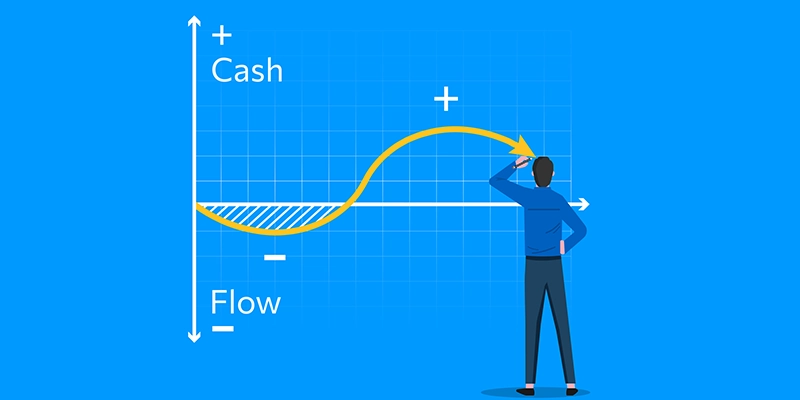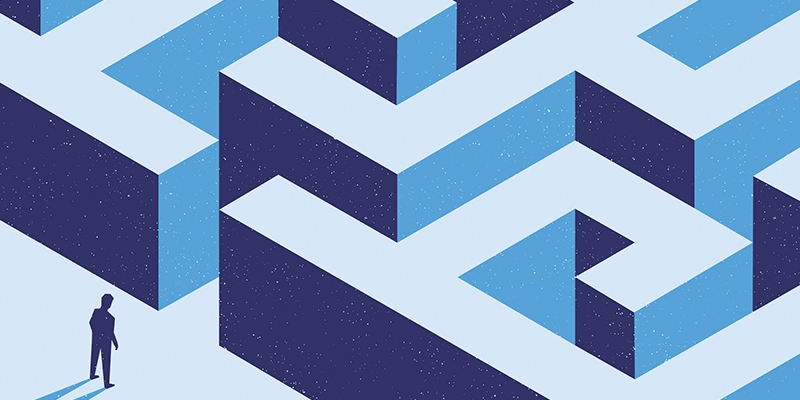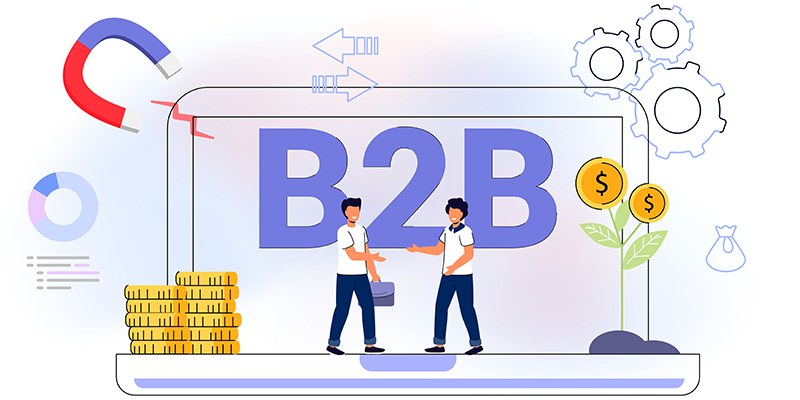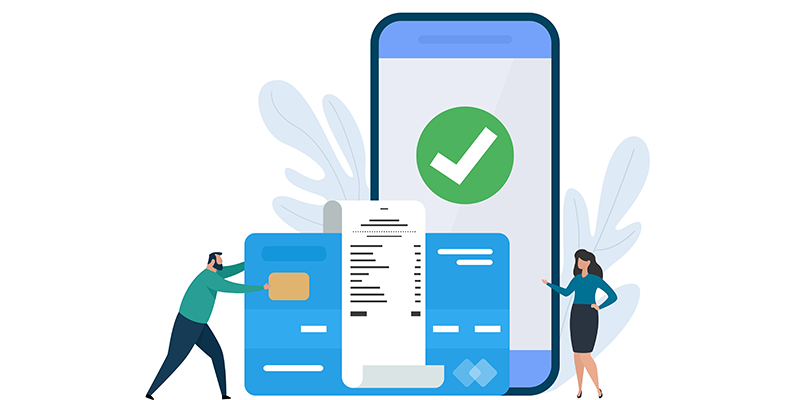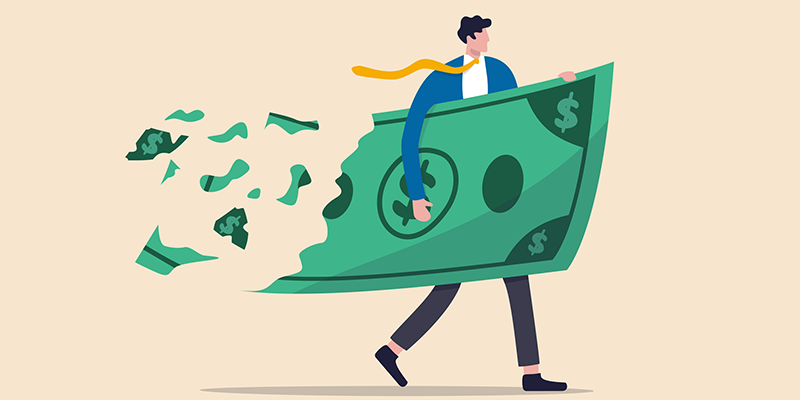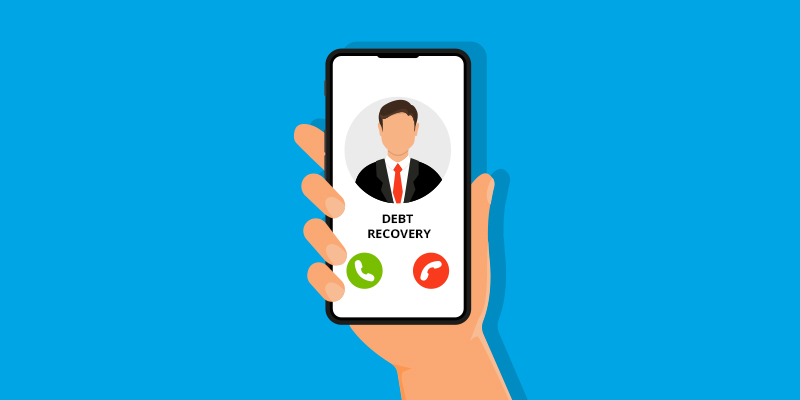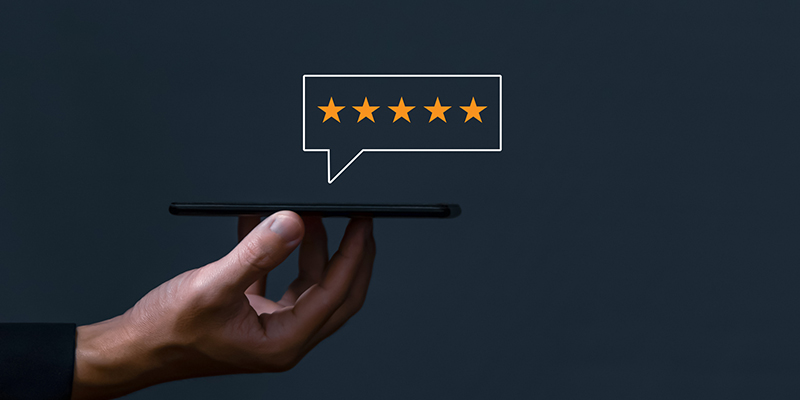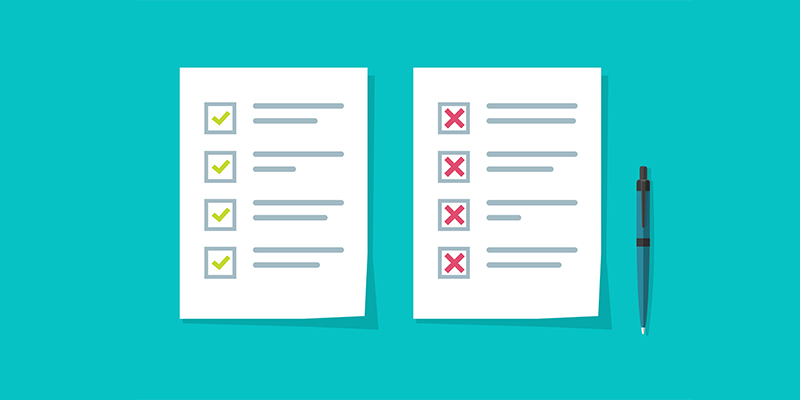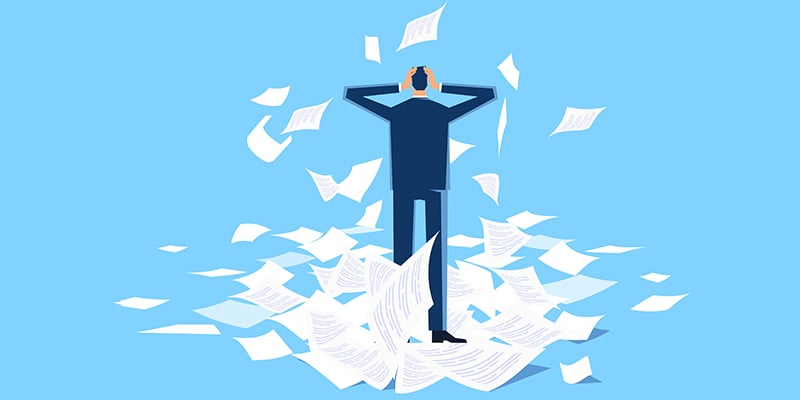Accounts receivable is an essential aspect of any business's financial management. It refers to outstanding payments owed to your company for goods or services provided on credit or with an agreement that payment is owed. By allowing your business clients to defer payment, your company can attract more clients and increase sales.
Managing A/R effectively, however, is crucial to maintain a healthy cash flow.

